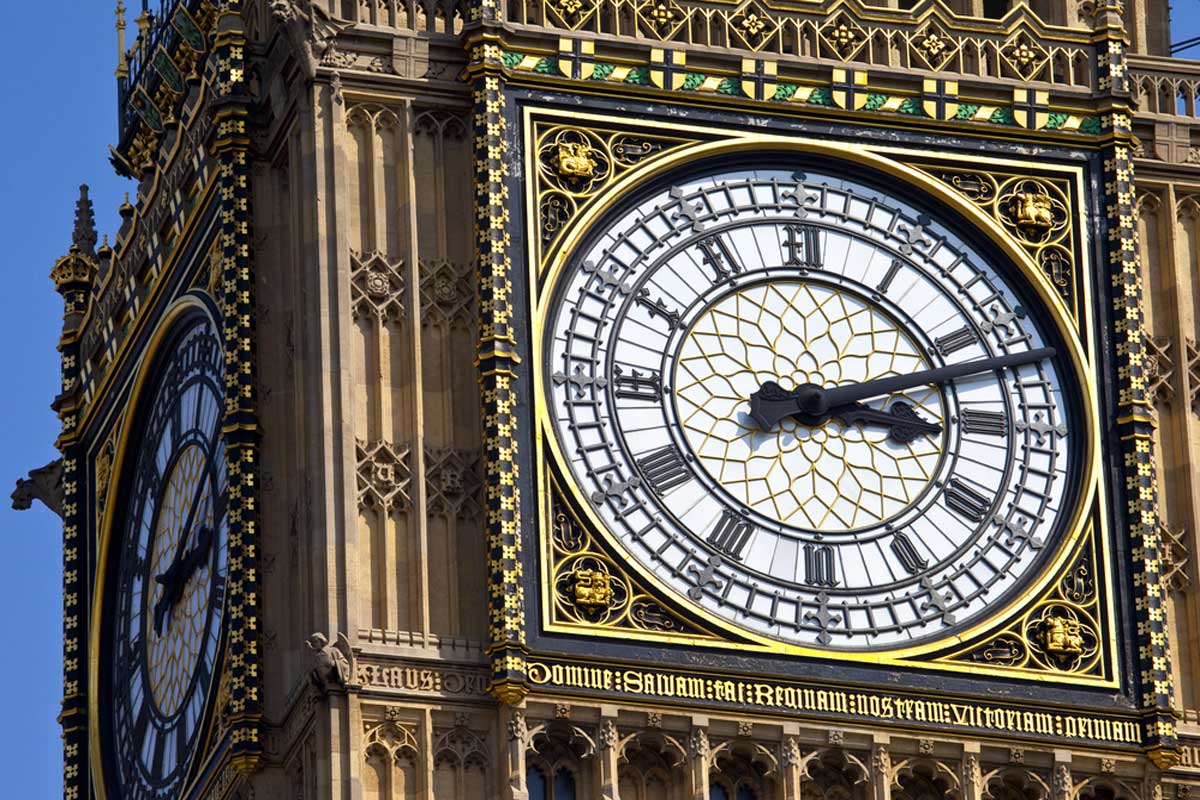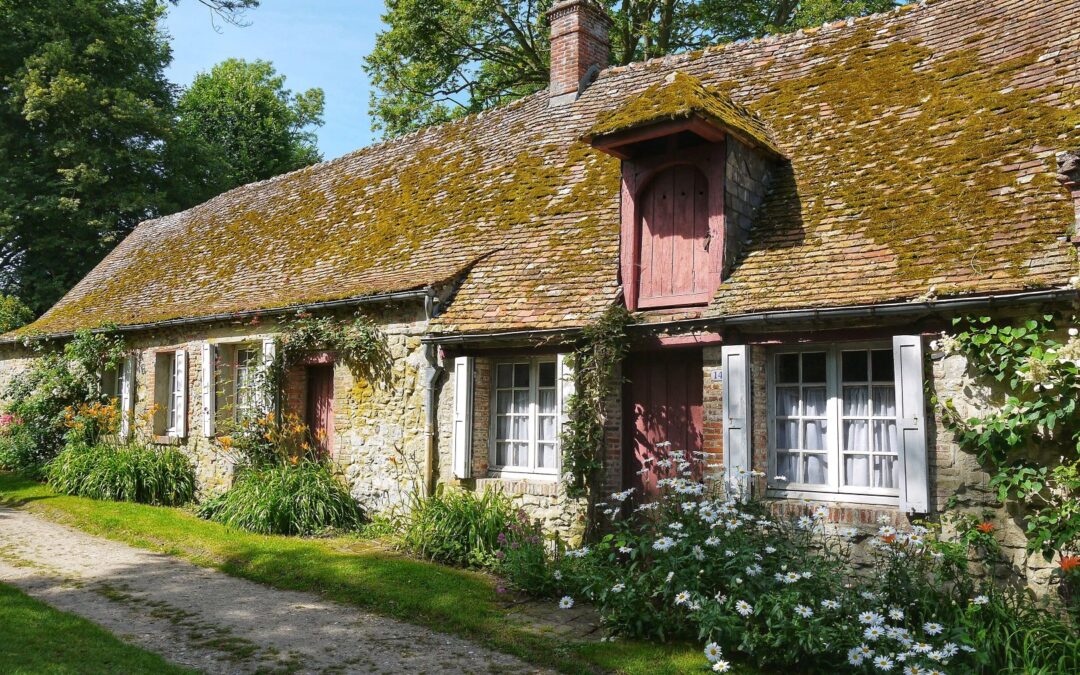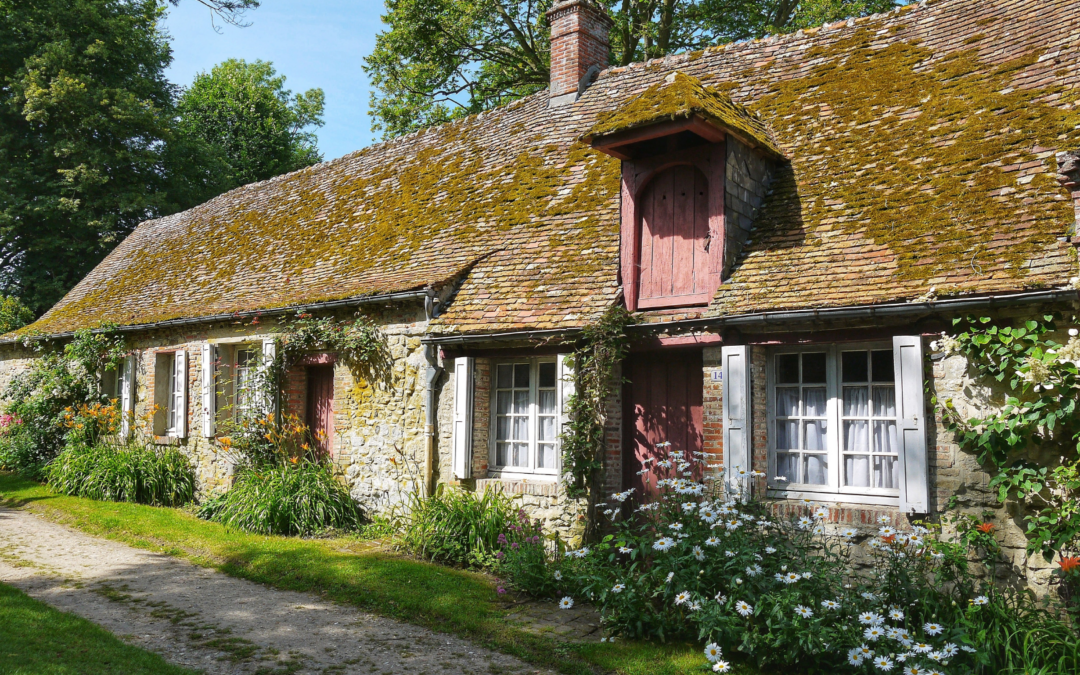In many parts of Britain, houses prices have soared under the coalition government but not all parts of the country have seen such healthy returns.
We look at the marginal constituencies, where this year’s election may be won or lost on house prices.
Contrary to what you might think, it doesn’t take a huge swing to win a general election.
It just requires a small shift in voting patterns in marginal seats. And what is a marginal seat? Well, it’s defined as a constituency where the party in power either holds a slender 10 per cent majority, or else would lose the seat in the event of a five per cent swing.
On that basis, 194 out of the 650 current Parliamentary seats are marginal (82 Conservative, 79 Labour, 27 Lib Dem, three SNP, two Plaid Cymru and one Green). And one of the hottest electoral potatoes is, of course, house prices.
We are, it is widely held, a nation of property owners. A country where young married couples can’t count themselves as truly settled-down unless they have a place of their own.
Current conventional wisdom, of course, is that houses are soaring out of reach, not just of unmarried, first-time buyers, but even of dual-income couples in their late 20s or early 30s.
However, while that may be the case in a few wealthier parts of the country, it is by no means true on a nationwide basis.
Take, for example, the constituency of Thurrock, in Essex, where the Conservatives have a majority of just 92.
The average property price here is £250,624, which represents a rise of four per cent over the past year. Going upwards, yes, but what you have to take into account is the fact that today’s price is almost identical to what it was in 2008, which was £250,425.
“I do think the forthcoming election will affect people’s attitudes, but I’m not sure it will do a lot to alter property prices”, says Sharni Rogers of the local Strutt & Parker office in Thurrock. “There are, of course, ways around the problem. For example, we found that people were worried not so long ago about the prospect of a mansion tax being introduced, and the way we dealt with that, was simple. We just reduced asking prices accordingly.”
Indeed, it turns out that despite talk of soar away values in London and the south, the cost of property in many parts of the UK is going down.
In Bolton West, for example (Labour majority 92), you can buy a terraced house for £104,099, a semi-detached property for £127,875 and a detached home for £214,456. And while the average price of a property was £153,883 in 2007, today it’s down to £141,387.
But in Camborne and Redruth, Cornwall prices are four per cent higher than they were in 2013, and they are 14 per cent down on the 2007 average of £171,274.
Put in a bid for a property there, and you can buy a terraced house for £123,934, a semi-detached place for £156,290 and a detached home for under £200,000 (£196,138). Ask local estate agents such as Jackson-Stops & Staff if house values are going up and they will tell you that although prices have been inching up in recent months, they are doing so from a starting point that is well below the level of eight years ago.
So while all the headlines may be of multi-million pound properties for sale in the capital, most OnTheMarket.com agents stress that in some other parts of the country, asking prices are lower than they were some six, seven or even eight years ago.
And one thing everyone agrees on is that nothing is going to happen to property prices between now and election day.
Everyone is currently in a state of suspension, say the agents, waiting to see what happens. In short, it’s the closest you can get to a price freeze.
Source: Land Registry/Chestertons
See www.onthemarket.com/newandexclusive. Agents specify exclusivity and are committed to accuracy under terms of use.







